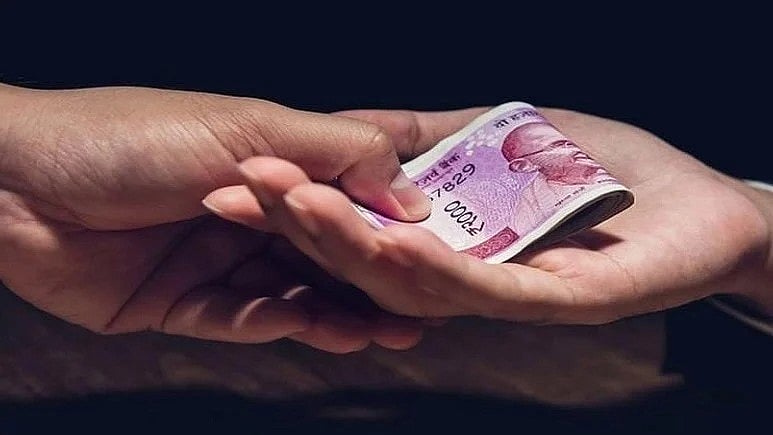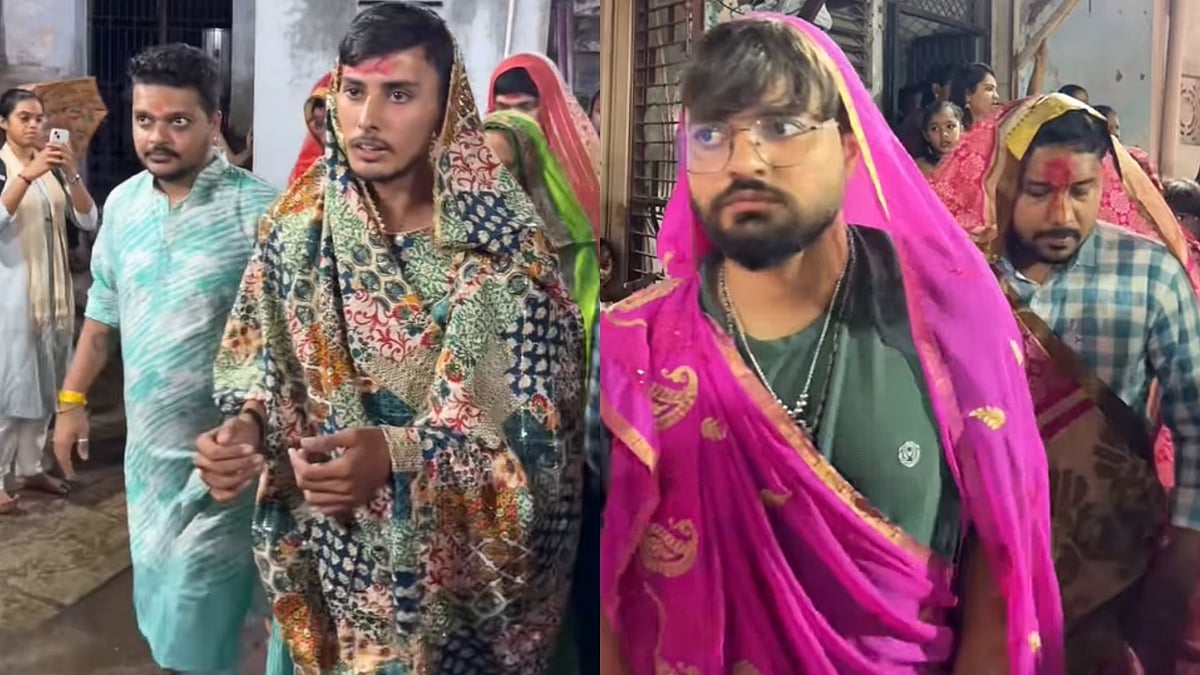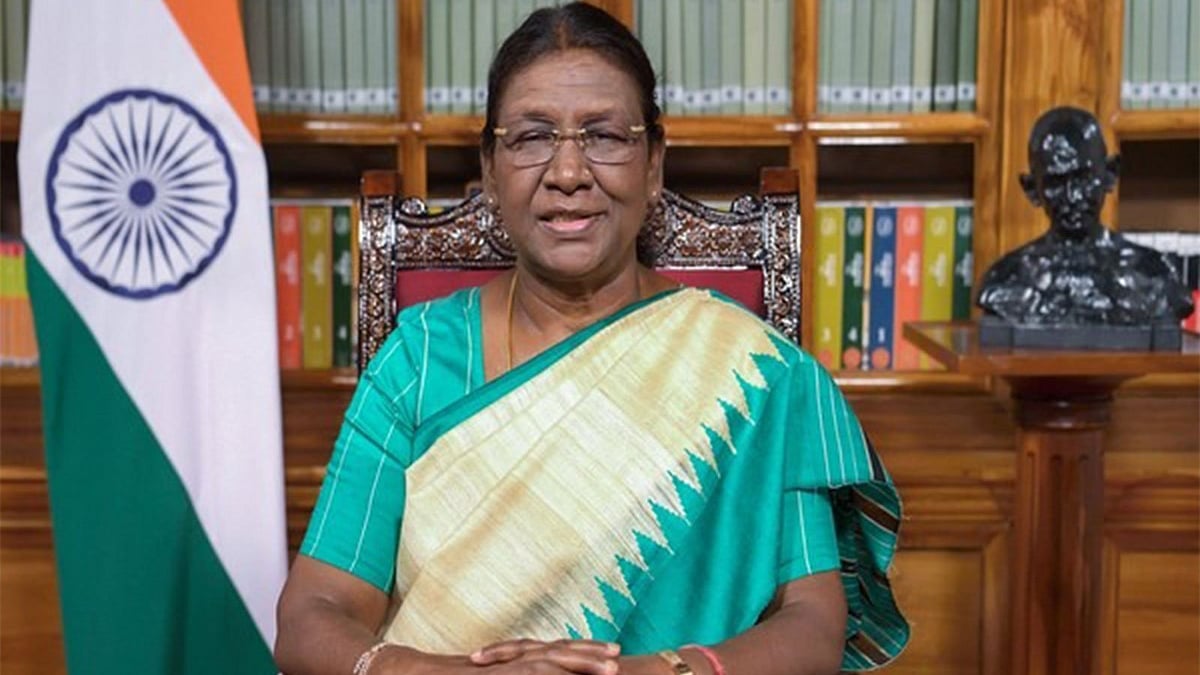A gut-wrenching video from Mumbai has gone viral, showing a young man holding a lifeless pigeon in his hands. He claims the bird died of starvation due to a government-imposed ban on feeding pigeons in public areas. With sorrow in his voice, he asks, “What if the same happened to humans?” His plea for compassion has touched many-but also triggered a fierce online backlash.
The Ban: Why Did It Happen?
Mumbai's civic authorities, including the BMC, recently enforced a ban on feeding pigeons in public areas, particularly near housing complexes, markets, and landmarks like Dadar’s Kabutarkhana. The decision came after mounting complaints from health officials and residents about rising respiratory illnesses linked to exposure to pigeon droppings and airborne bacteria.

FPJ|Salman Ansari
Pigeon droppings carry harmful fungi and bacteria, including those that cause psittacosis and cryptococcosis, which can lead to severe respiratory infections. Doctors have raised alarms over a disease called pigeon breeder's lung-a form of hypersensitivity pneumonitis triggered by inhaling dried pigeon droppings or feather particles. This condition can result in persistent coughing, chest pain, breathlessness, and in some cases, permanent lung damage.
Authorities argue that reducing pigeon populations in dense urban areas is a preventive measure to safeguard public health, especially for vulnerable groups like the elderly, children, and those with compromised immunity.
“Is This Justice?”
In the viral video, the young man is seen at Dadar’s Kabutarkhana, once a bustling hub for pigeon feeding. He holds a dead pigeon in his palm and says the birds are dying from hunger and thirst. The video was captioned in Marathi,"This decision was supposedly taken for the people… but which people exactly? Local vendors and residents say they face no issues. Dadar’s Kabutarkhana is a landmark. We fall sick due to our own carelessness and then blame these innocent pigeons… Is this justice?”)
Netizens React: Sympathy or Stark Reality?
The emotional video was met with mixed reactions. While some viewers empathized with the man's concern, many others responded harshly. One user commented: “Maral sagale… vachan kara, study kara mag bola… ajari padtat loka ani jagat. Ilaj nahiye.”
(“You will all die… read, study before you speak. People fall ill and die. There’s no cure.”) Another remarked, “Kabutar tumchya ghari pala” (“Keep the pigeons at your house”), while someone else added, “Pigeons are like water hyacinth of birds. It may be cruel to starve them, but it’s better for the environment.”
A final voice asked, “Do people not realise how dangerous these birds have become?”
This clash of compassion versus caution shows how complex urban wildlife issues can be. While protecting public health is crucial, the question remains-should the answer be starvation?











